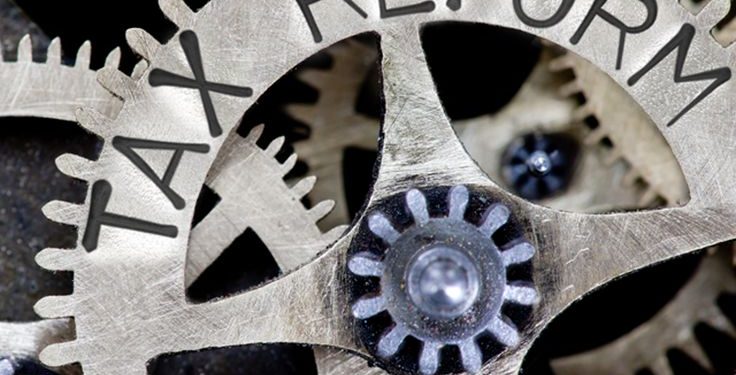On May 7, 2025, the Nigerian Senate passed two significant tax reform bills: the Nigeria Revenue Service (Establishment) Bill and the Joint Revenue Board (Establishment) Bill. These bills are part of a broader initiative by President Bola Tinubu’s administration to overhaul the nation’s tax system, aiming to enhance efficiency, transparency, and revenue generation.
Nigeria Revenue Service (Establishment) Bill
This bill seeks to repeal the existing Federal Inland Revenue Service (FIRS) Act and establish the Nigeria Revenue Service (NRS) as the primary federal tax authority. The NRS will inherit all functions and powers of the FIRS, including tax assessment, collection, and enforcement. Notably, the NRS will also have the authority to assist state and local governments in tax collection upon request, promoting a more unified tax administration across all levels of government.
Joint Revenue Board (Establishment) Bill
This legislation aims to create the Joint Revenue Board (JRB), the Tax Appeal Tribunal, and the Office of the Tax Ombuds. The JRB will coordinate and harmonize tax administration among federal, state, and local governments. The Tax Appeal Tribunal will serve as a platform for resolving tax disputes, while the Tax Ombuds will address taxpayer grievances, investigate complaints against tax authorities, and ensure fair tax practices.
Key Provisions and Reforms
Value-Added Tax (VAT) Sharing Formula: The Senate approved a new VAT revenue sharing formula: 10% for the federal government, 55% for state governments and the Federal Capital Territory, and 35% for local governments. This adjustment aims to provide more resources to subnational governments.
VAT Rate Retention: Despite initial proposals to increase the VAT rate to 10%, the Senate decided to retain it at 7.5%, considering the economic challenges faced by Nigerians.
Development Levy Allocation: The Senate introduced a 4% development levy to fund key agencies: 50% to the Tertiary Education Trust Fund (TETFUND), 15% to the Nigerian Education Loan Fund (NELFUND), 10% each to the National Information Technology Development Agency (NITDA) and the National Agency for Science and Engineering Infrastructure (NASENI), 5% to cybersecurity, and 10% to defense.
The Senate plans to pass the remaining two tax reform bills the Nigeria Tax Bill and the Nigeria Tax Administration Billon May 8, 2025. Once all four bills are passed, a harmonization committee will reconcile differences between the Senate and House versions before presenting them to President Tinubu for assent.
These reforms are poised to modernize Nigeria’s tax system, improve revenue collection, and foster greater fiscal federalism. However, their success will depend on effective implementation and continued collaboration among all levels of government.



















































